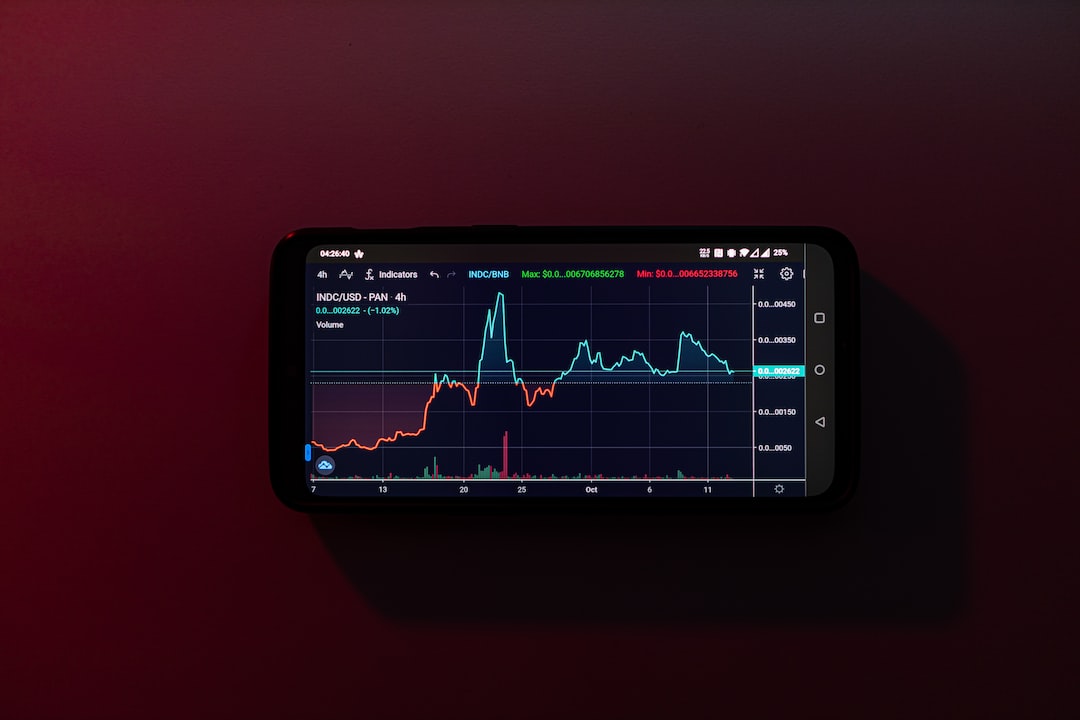China and UAE Central Banks Sign Digital Currency Agreements
The Central Banks of China and the United Arab Emirates (UAE) have recently signed memoranda of understanding (MoUs) relating to digital currencies during the third “Belt and Road” International Cooperation Summit Forum in Beijing this week. The People’s Bank of China (PBOC) has signed a memorandum of understanding on strengthening digital currency cooperation with the Central Bank of the United Arab Emirates. The state-owned commercial Bank of China (BoC) has also sealed a digital currency cooperation agreement with the UAE’s largest bank, the First Abu Dhabi Bank (FAB).
This development builds upon the existing partnership between the two central banks within the mBridge project, focusing on cross-border payments. The mBridge initiative also involves the Bank for International Settlements (BIS), the central banks of Thailand and Hong Kong.
The Belt and Road Announcements Included Digital Currency Agreements
The Belt and Road announcement hinted at further collaboration with the Bank of Indonesia, although it remains unclear whether this pertains to digital currency. Indonesia has been actively exploring its own digital rupiah program.
Shu-Pui Li, the UAE’s advisor on digital currency, has emphasized the potential for collaboration, particularly in light of Chinese companies’ preference for using the eCNY (digital yuan) for payments, a currency readily accepted by UAE corporations. This synergy can be attributed to the substantial presence of Chinese nationals in the UAE, where approximately 300,000 Chinese workers are employed. Nearly 60% of Chinese trade with the Middle East and North Africa transits through the UAE.
Li also touched upon the implications of the Belt and Road initiative, suggesting that Central Bank Digital Currencies (CBDCs) could be used for infrastructure payments, circumventing the need for intermediary banks. This approach not only reduces costs but also minimizes delays, a particularly pertinent concern given the recent use of the Swift network for sanctions purposes.
The Bank of China stands out as one of the few commercial banks with direct access to the digital yuan CBDC, a notable advantage that positions it at the forefront of digital currency innovation.
First Abu Dhabi Bank Successfully Completed Pilot for JPMorgan’s Coin System
The UAE has also been actively pursuing its digital currency agenda. In a recent announcement, the First Abu Dhabi Bank revealed the successful completion of a pilot for JPMorgan’s Coin Systems solution. The UAE had previously disclosed plans for comprehensive CBDC work encompassing retail, wholesale, and cross-border CBDC applications. The mBridge cross-border payment project represents a top priority in this ambitious agenda, followed by a bilateral cross-border CBDC venture with India. Proofs of concept for both domestic and wholesale CBDCs are in the pipeline, set to be completed by mid-2024, with R3 as a key partner for the domestic CBDC work.
Hot Take: China and UAE Strengthen Digital Currency Cooperation
The Central Banks of China and the United Arab Emirates have taken significant steps towards strengthening their cooperation in the field of digital currencies. With signed agreements between various banks and financial institutions, including the People’s Bank of China and the First Abu Dhabi Bank, these partnerships aim to facilitate cross-border payments and explore the potential uses of Central Bank Digital Currencies (CBDCs) in infrastructure payments.
This collaboration is fueled by the growing presence of Chinese nationals in the UAE and the mutual benefits derived from using digital currencies like the eCNY (digital yuan) for payments. By reducing costs and eliminating delays associated with intermediary banks, CBDCs offer an efficient alternative to traditional payment systems.
The UAE’s successful completion of a pilot for JPMorgan’s Coin Systems solution further demonstrates its commitment to digital currency innovation. As both countries continue to pursue their digital currency agendas, the future looks promising for the advancement of CBDCs and their potential impact on cross-border transactions.





 By
By
 By
By
 By
By
 By
By
 By
By